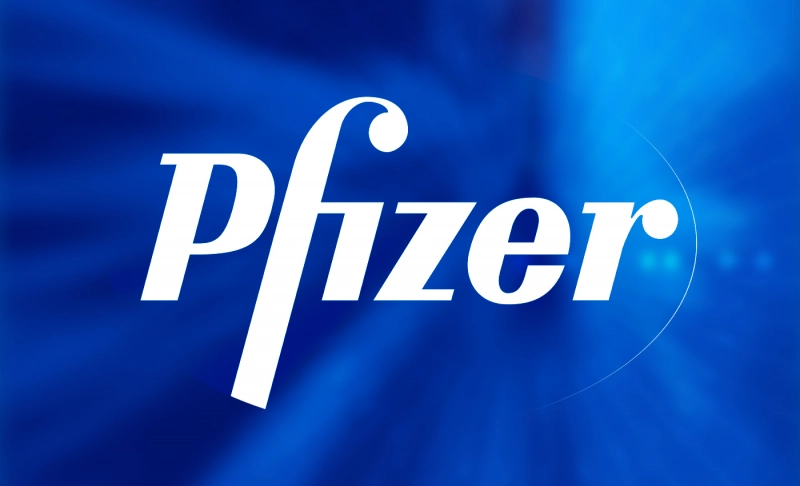By: Devika Kandelwal
December 20 2021
True: A hospital worker with no allergies was taken to the hospital after receiving the Pfizer/BioNTech vaccine.

The Verdict True
The woman with no history of allergies had an anaphylactic reaction 10 minutes after receiving the vaccine. Such cases are rare.
The woman with no history of allergies had an anaphylactic reaction 10 minutes after receiving the vaccine. Such cases are rare.In December 2020, a health worker with no history of allergies had an anaphylactic reaction that began 10 minutes after receiving the vaccine at Bartlett Regional Hospital in Juneau, Alaska. She had a rash over her face and torso, experienced shortness of breath, and an elevated heart rate. The New York Times reports that "the woman had no history of allergies and had never experienced anaphylaxis, a severe and life-threatening allergic reaction." Dr. Lindy Jones, the hospital’s emergency department medical director, said the worker was first given a shot of epinephrine, a standard treatment for severe allergic reactions. Her symptoms subsided but then re-emerged, and so she was treated with steroids and an epinephrine drip. When doctors tried to stop the drip, her symptoms re-emerged yet again, so the woman was moved to the intensive care unit, observed throughout the night, then weaned off the drip early morning. She made a full recovery. The Alaskan woman’s reaction was believed to be similar to the anaphylactic reactions two health workers in Britain experienced after receiving the Pfizer/BioNTech vaccine. Like her, both recovered. Paul A. Offit, a vaccine expert and member of an outside advisory panel that recommended the Food and Drug Administration authorize the Pfizer vaccine for emergency use, said in the vaccines, there are stabilizing molecules called polyethylene glycol that he considered a “leading contender” for triggering allergic reactions. However, he stressed that more investigation was needed. Pfizer’s trial did not find any serious adverse events caused by the vaccine, although many participants experienced aches, fevers, and other side effects. "The Alaskan reaction was assumed to be related to the vaccine because it occurred quickly after the shot," noted the New York Times. Although the fact that hospital officials were able to identify the reaction and treat it appropriately "demonstrates that the vaccine safety monitoring system is strong and robust for handling the pandemic response," Dr. Jay Butler, head of the COVID-19 response at the Centers for Disease Control and Prevention (CDC), said. People who receive the vaccine are kept under observation for thirty minutes after they take the vaccine. Moreover, a facility qualified to administer vaccines should be equipped with emergency epinephrine (known to many as an EpiPen) in the event of severe reactions. CDC further recommends that if someone has had a severe allergic reaction to any ingredient in an mRNA COVID-19 vaccine, they should not get either of the currently available mRNA COVID-19 vaccines. Similarly, if they have a severe allergic reaction after getting the first dose of an mRNA COVID-19 vaccine, the CDC recommends that they should not get the second dose. One thing to note is that according to a paper published in CMAJ, the odds of having a severe allergic reaction or anaphylaxis to a vaccine is about 1 in 760,000. Severe allergic reactions are unpredictable and occur within minutes of receiving a vaccination. Reactions are unlikely to occur after 30 to 60 minutes after being vaccinated and are highly unlikely to occur after four hours. Health workers have necessary measures in place to protect people. The COVID-19 pandemic has given rise to a lot of potentially dangerous misinformation. For reliable advice on COVID-19 including symptoms, prevention and available treatment, please refer to the World Health Organisation or your national healthcare authority.


